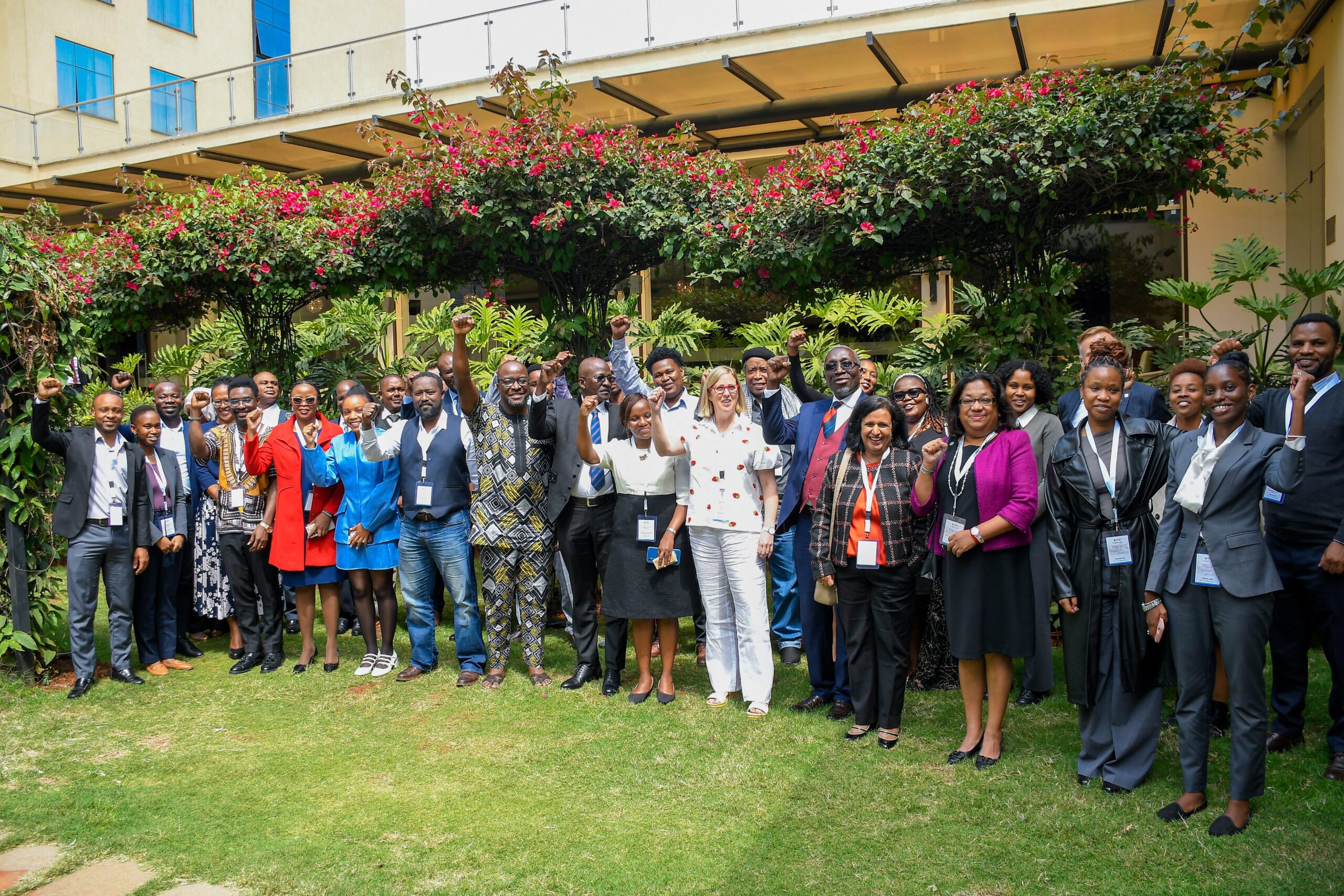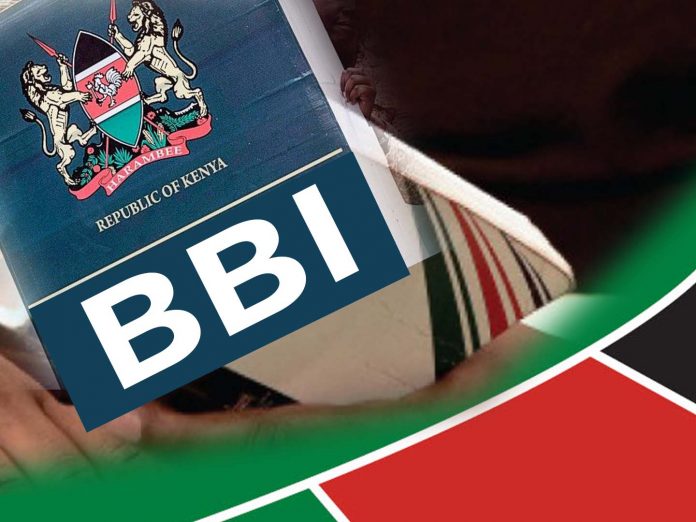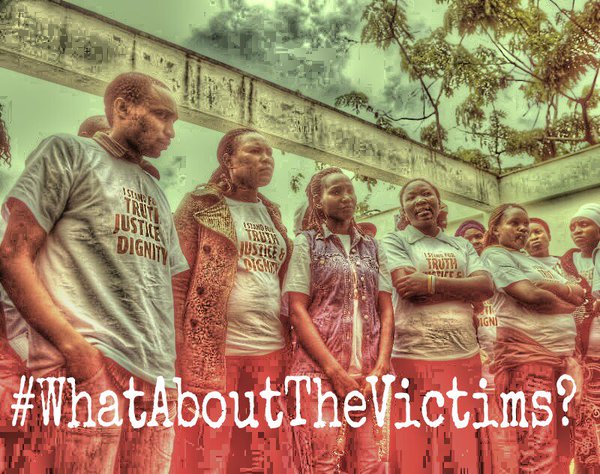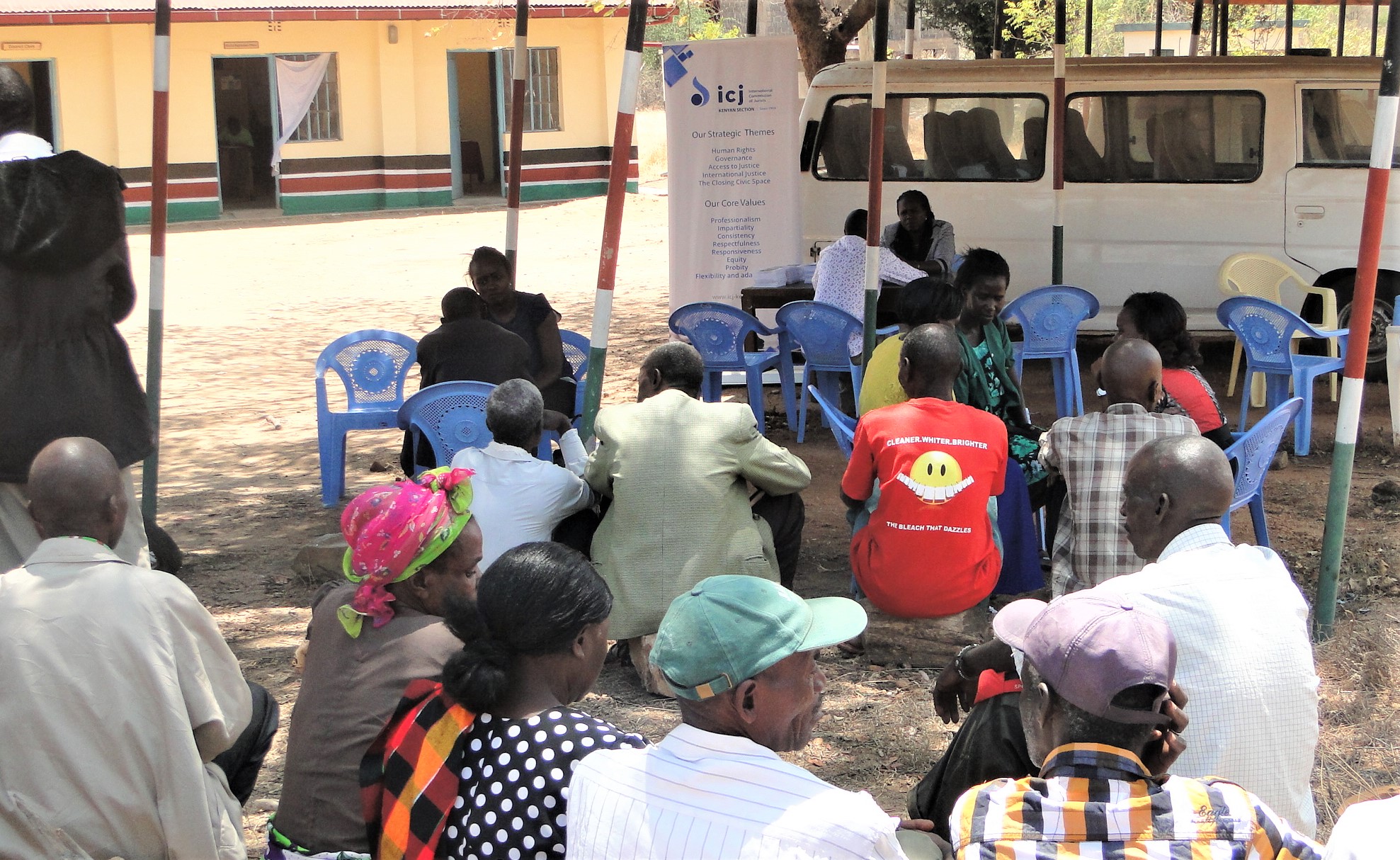ICJ Kenya stand on the Building Bridges Initiative (BBI) Report and the proposed constitutional amendments: Implement the 2010 Constitution fully!
The Kenyan Section of the International Commission of Jurists (ICJ Kenya) has taken time to review and interrogate the Building Bridges Initiative (BBI) report, launched on 26 October 2020 by the Steering Committee on Implementation of the Building Bridges Taskforce Report. It has further analysed the ensuing Constitution (Amendment) Bill, 2020, spearheaded public dialogues forums on the BBI proposals on constitutional, legal, and policy reform, and discourse on select themes on the Constitution 2010.
ICJ Kenya remains cognizant that the clamor for constitutional review and reform began in the early 1990s when key actors, led by civil society, played a critical role in ensuring that the constitutional reform process took a people-centered approach. Throughout that period, it was evident that Kenyans yearned for a Constitution that was premised on principles of the rule of law, good governance, sustainable development, and respect for human rights; a constitution that would entrench multi-party democracy and address historical injustices. The rallying call informed the constitution-making process that culminated in the promulgation of the current 2010 Constitution.
The 2010 Constitution is lauded as one of the most progressive constitutions in the continent, having been drafted through an inclusive people-driven process in which a majority of Kenyans believed captures the will of the people.
Having interrogated the contents of the BBI report and the Constitution of Kenya (Amendment) Bill, 2020, considered its implications on the rule of law, prevailing socio-political and legal context, ICJ Kenya wishes to state its position that; it does not support the push for the constitutional amendment, the recommendations and proposals contained in the BBI Report and the Constitution of Kenya (Amendment) Bill, 2020.
As a Commission of Jurists, our considered view is that the proposed amendments take away the gains contained in the Constitution 2010 and undermine the rule of law. Further, from our analysis and monitoring of the public discourse, we conclude that the BBI process has been characterised by general mistrust, divergent political and contested interests, a failed attempt to inculcate a people-driven and people-centric approach which ought to align with principles of the rule of law, democracy, and human rights. For example, the intended proposals to introduce the Judiciary Ombudsman outrightly undermine judicial independence. The proposals to address gender parity in political processes are ill-conceived, and the recommendations on devolution are not favorable or consistent with the letter and spirit of the Constitution 2010. ICJ Kenya posits that BBI recommendations will not cure the culture of impunity, ethnic division, and the failure to respect the constitutional imperatives.
Secondly, ICJ Kenya resolves that there is no guarantee that the proposed constitutional amendments will either address the underlying social-political concerns, entrenched marginalization, or historical injustices. Instead, ICJ Kenya concludes that the issue of concern is that the Constitution has neither been accorded adequate time to organically shape the legal, political, economic, and social landscape nor given impetus to reorient Kenya’s political culture fulfilling positive state obligations and rights of the citizenry.
Third, on analysing the BBI report, ICJ Kenya concludes that the current social, economic, and legal concerns raised in the report do not require substantive constitutional reform measures. On further analysis, we posit that the BBI report does not lay out clearly defined arguments for substantive constitutional questions as response measures to the challenges raised therein. Therefore, the proposed constitutional amendments will not be the magic bullets to the current social, economic, and legal concerns that affect the Kenyan people.
Finally, ICJ Kenya’s reservations regarding the BBI reform proposals remain consistent with those taken in 2018 when the BBI process commenced. We restate that there are currently many social, political, health, and economic concerns that Kenya is grappling with, ranging from corruption, mismanagement of public funds, socio-economic challenges, poor leadership, and negative ethnicity. With these lingering challenges, including the COVID – 19 pandemic, we remain concerned that the calls for a referendum should not be the priority for our country at this time. The 2010 Constitution provides mechanisms to curb corruption and inculcate national values and principles in Kenya; what is required is the political will to implement the 2010 Constitution fully.
In conclusion, whereas ICJ Kenya support calls for a unified Kenya, we reject the BBI proposals on constitutional amendments in totality and reiterate that the amendments are unnecessary; the issues identified can be cured by entrenching political will, instituting policy and legal reform. What the Constitution 2010 requires is meaningful and deliberate implementation.
We call on all Kenyans to join our rallying call to the political class to implement the Constitution to join our rallying call to the political class to implement the Constitution 2010 – “Tekeleza Katiba!”
Thank you, and God Bless Kenya!
Signed,
Kelvin Mogeni Chairman,
ICJ Kenya











